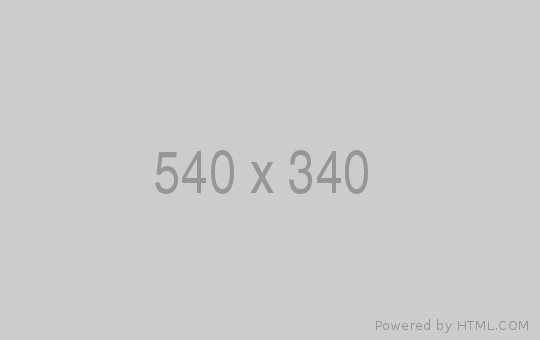Using super for a house deposit – can it be done?
Super is designed to help you live through your retirement years in comfort and financial safety. Since your super is invested to help you later in life, it’s intentionally difficult to access early and there are only a few circumstances when you can access your super early.
If retirement is still decades away for you, it might be frustrating to see all that money sitting there that you simply cannot access — especially if you’re saving to buy your first home. It might even get you wondering, ‘Can I withdraw my super for a house deposit?’
While you can’t withdraw your super early for a house deposit, there’s still a way your super account can help you: it’s called the First Home Super Saver Scheme.
What is the First Home Super Saver Scheme (FHSSS)?
The FHSSS is a scheme to help Aussies grow their home deposit, by building their deposit within their superannuation account. This helps participants in the scheme by giving them a tax cut on contributions, as well as allowing the deposit to accrue interest while the money is invested. By the Treasury’s estimates, the scheme could help participants boost the savings they contribute towards a deposit by 30% when compared to a standard deposit account.
Who is eligible for the FHSSS?
There are a few criteria you’ll need to meet if you want to participate in the FHSSS. The four main criteria are:
- You must be 18 years or older,
- You must not have used the FHSSS before,
- You must never have owned property in Australia before, and
- You may only use the money to purchase a residential property to make your home (including vacant land to build on) and may not use it to purchase an investment property.
Building a house deposit using super account
If you’re looking to participate in the FHSSS, you should know that there are limits to how much you can contribute. You may contribute up to $15,000 per year and up to $50,000 in total towards your super balance under the scheme. You can make contributions in two different ways:
- Through a salary-sacrifice arrangement with your employer, often called ‘concessional contributions’, and
- Through after-tax contributions.
Contributing to your super can be advantageous to you, as concessional contributions are taxed at 15% instead of your marginal income tax rate, and may be deducted from your income in a given financial year. Non-concessional contributions are not taxed when contributed into your super fund, as these are made from your personal after-tax income.
Withdrawing a deposit from your super account under the FHSSS
When you’re nearly ready to buy a house, it’s time to think about withdrawing your contributions from your super. You don’t need to use the amount you withdraw straight away (you don’t even need to have found the right property yet), but you will generally need to use the funds within 12 months of withdrawing them. If you don’t find the right property within 12 months, you can ask the Australia Tax Office (ATO) for an additional 12 months as an extension.
How are withdrawals from your super account taxed under the FHSSS?
When your contributions are withdrawn from your account, they will be taxed at whatever your marginal tax rate is minus a 30% rebate. The ATO has comprehensive information on how the FHSSS is released and taxed if you require more details.
So I can’t just withdraw all of my super to help buy a house?
No, you can’t withdraw your existing balance, just the extra contributions you make under the scheme plus any interest accrued on those contributions (minus tax). Check out our dedicated article on the FHSSS, which also includes information on why you can’t withdraw all the money in your super to buy a house.
If you’re interested in purchasing your first property, you might also be interested in our article on low deposit home loans. In it, we explain how much you need for a deposit on a home loan, plus we go over some important concepts, like Loan to Value Ratio (LVR) and Lender’s Mortgage Insurance (LMI), which are both important to understand when buying a home or investment property.
If you need some more information on any schemes or you’re looking to buy your first home, feel free to reach out to us online, give us a call on 13 11 82, or visit us at a branch for some one-to-one time.




